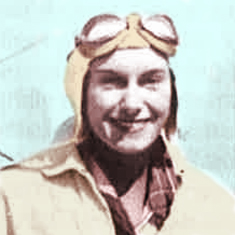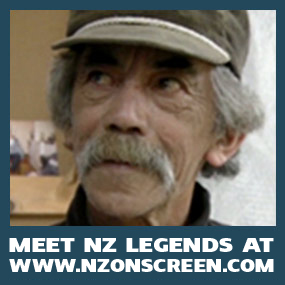Michael Volkerling, Cultural Visionary (1948-2014)
One of the principal architects of New Zealand’s cultural and creative sectors, Dr Michael Volkerling, died suddenly on 13 June, 2014 in Sydney, aged 66. At the time of his death he was Principal Research Fellow at the Institute for Culture and Society at the University of Western Sydney.
Possibly the youngest person to have been appointed to lead a New Zealand government agency, Michael was appointed Director of the Queen Elizabeth II Arts Council in 1977 at the age of 29, having graduated from the University of Auckland with a PhD in New Zealand literature and society. His 11 years at the head of the Arts Council (known as Creative New Zealand since 1994) was pivotal in the development and promotion of the indigenous voice of New Zealand culture, whether expressed through music, theatre, dance, visual arts, literature, craft and Maori art. His work navigated the delicate equilibrium between emergent creative talent, a burgeoning appetite for “NZ-made”, available government funding for stimulus, market forces, and the appropriate organizational structures to encourage the convergence of these elements.
This was at a tumultuous time in New Zealand politics and society – the Muldoon years with the Springbok tour, protests against French nuclear testing in the South Pacific, Maori land rights, women’s rights, gay rights, and then the election of the fourth Labour government with its attendant free market policies and share market boom and bust. During this period the arts emerged from the shadow of ‘rugby racing and beer’ which had largely defined New Zealand cultural life in the postwar decades. A key moment in Michael’s directorship was the Te Maori exhibition at New York’s Metropolitan Museum of Art in 1984, a milestone in the Maori cultural renaissance. Several members of Michael’s team at the Arts Council went on to play critical roles in New Zealand film and music industries.
Michael went on to a distinguished career in arts management, teaching and cultural research in New Zealand and Australia. Between 1988 and 1993 he oversaw the amalgamation of the National Museum and National Art Gallery and the development of Te Papa, as Executive Director National Museum and National Art Gallery. In 1993 Michael moved to Victoria University where he established, managed and taught the Museum and Heritage Studies Program. This long association with museums and academia continued for the rest of his career and he trained many of the new generation of museum professionals. Following this, he became Director, Centre for Creative Industries, at the Wellington Institute of Technology, and then moved to Australia to take up the role of Director of Research and Evaluation at Arts New South Wales.
Michael worked with the University of Western Sydney’s Institute for Culture and Society since 2011, in a variety of roles including adjunct researcher and Principal Research Fellow. At ICS he was greatly respected and much admired for his cultural policy expertise, and his sustained publication record in cultural policy studies. At the time of his death his work on the Australian Research Council funded Linkage project ‘Recalibrating Culture’ was well underway. This project explores changing modes of cultural production and consumption through a case study of the cultural economy of the dynamic and diverse Greater Western Sydney region. Michael was working towards a new policy approach to Australian cultural development that would encompass the rapidly changing conditions of our times.
His work on creative industries and cultural policy has been widely recognised internationally. In January 2002, he was convener of Cultural Sites, Cultural Theory, Cultural Policy, the Second International Conference on Cultural Policy Research. He was Visiting Fellow at the Tisch School of the Arts, New York University in 2000 and George Fairfax Fellow at Deakin University, Melbourne in 1999. Michael led several research and advocacy projects on behalf of Wellington strategy company McDermott Miller, including the provocative 2000 report on the future of New Zealand creative industries Heart of the Nation. He was an internationally respected commentator and researcher on arts and culture, a member of the editorial board of the International Journal of Cultural Policy and the Asia Pacific Journal of Arts Management, and published extensively on cultural and heritage issues in this and other specialist periodicals.
A memorial service for Michael was held at Old St Paul’s, Wellington, in late June with eulogies from his brother Kier Volkering, former Chairman of the QEII Arts Council and cultural advocate Hamish Keith, and Gisella Carr, CEO of Film New Zealand, and with performance by Dave Dobbyn and haka by Victoria University Pro Vice-Chancellor Professor Piri Sciacia.
Michael Volkering is survived by his wife Dr Ruth Harley, a strategist in media, entertainment and digital media, former CEO of the NZ Film Commission, NZ On Air and Screen Australia, and their children Amelia and Alexander Volkerling. He is remembered as a warm, incisively intelligent and passionate advocate for the cultural life of New Zealanders.
By Brian Sweeney, NZEDGE.
http://www.uws.edu.au/ics/people/researchers/michael_volkerling_tribute
http://blog.tepapa.govt.nz/tag/michael-volkerling/
http://www.creativenz.govt.nz/en/news/passing-of-dr-michael-volkerling













